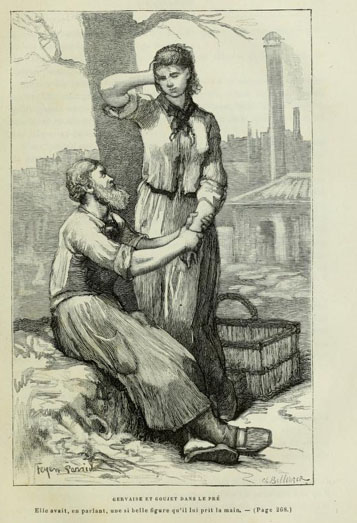 Zola’s pique-nique at the Moulin-d’argent [Silver Windmill] is not a picnic in our contemporary sense. According to French usage, it was a style of dining indoors. When Gervaise Macquart and Coupeau host their wedding party, each guest is expected to pay a...
Zola’s pique-nique at the Moulin-d’argent [Silver Windmill] is not a picnic in our contemporary sense. According to French usage, it was a style of dining indoors. When Gervaise Macquart and Coupeau host their wedding party, each guest is expected to pay a...
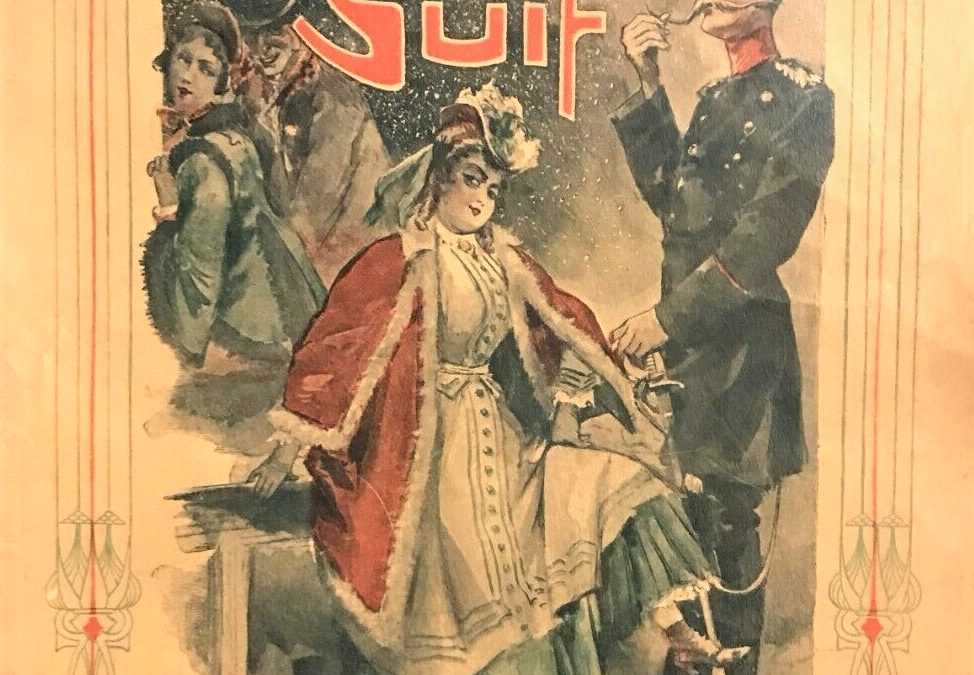 De Maupassant knows that the picnic of this story is not the picnic you expect. Instead of grass, the setting is s a four-horse coach carrying ten passengers fleeing the Prussian army advancing on Rouen for safety at Le Havre. Instead of being congenial, all but one...
De Maupassant knows that the picnic of this story is not the picnic you expect. Instead of grass, the setting is s a four-horse coach carrying ten passengers fleeing the Prussian army advancing on Rouen for safety at Le Havre. Instead of being congenial, all but one...
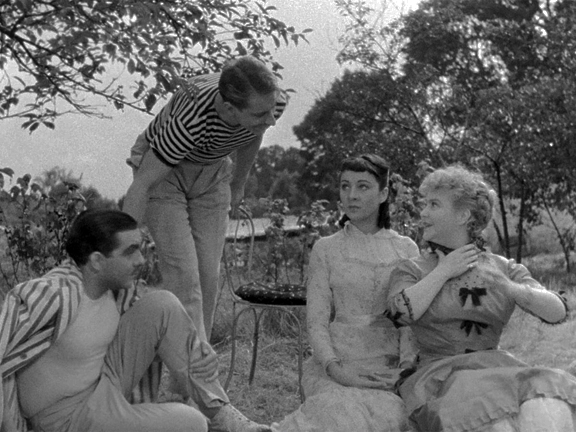 Maupassant uses the phrase une partie de campagne as a euphemism for an outdoor picnic. It’s a sad story about a romantic love that fizzles during a holiday celebrating a birthday, when the Dufours, a middle-class Parisian family, spend a day along the Seine at the...
Maupassant uses the phrase une partie de campagne as a euphemism for an outdoor picnic. It’s a sad story about a romantic love that fizzles during a holiday celebrating a birthday, when the Dufours, a middle-class Parisian family, spend a day along the Seine at the...
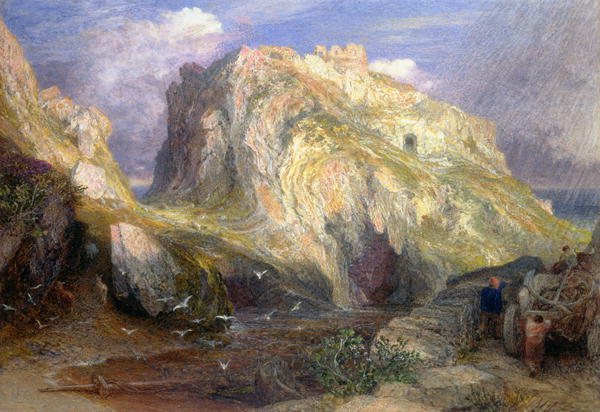 Tintagel Castle and its Arthurian associations have perennial romantic appeal—but Mary Elizabeth Braddon is the first to fictionalize a picnic on the crag, and it’s her addition to Britain’s mythology. With lunch from a local inn, Christabel Courtnay,...
Tintagel Castle and its Arthurian associations have perennial romantic appeal—but Mary Elizabeth Braddon is the first to fictionalize a picnic on the crag, and it’s her addition to Britain’s mythology. With lunch from a local inn, Christabel Courtnay,...
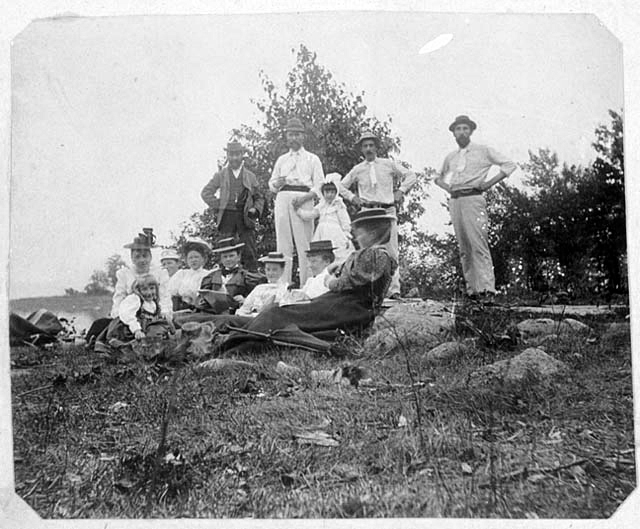 “People do all sorts of things at picnics” is Howells’s paradoxical foreshadowing of a love match that begins on a picnic on the rocky shore of the Bay of Fundy and then goes wrong. Though the picnickers are convivial, they mask their feelings, at...
“People do all sorts of things at picnics” is Howells’s paradoxical foreshadowing of a love match that begins on a picnic on the rocky shore of the Bay of Fundy and then goes wrong. Though the picnickers are convivial, they mask their feelings, at...
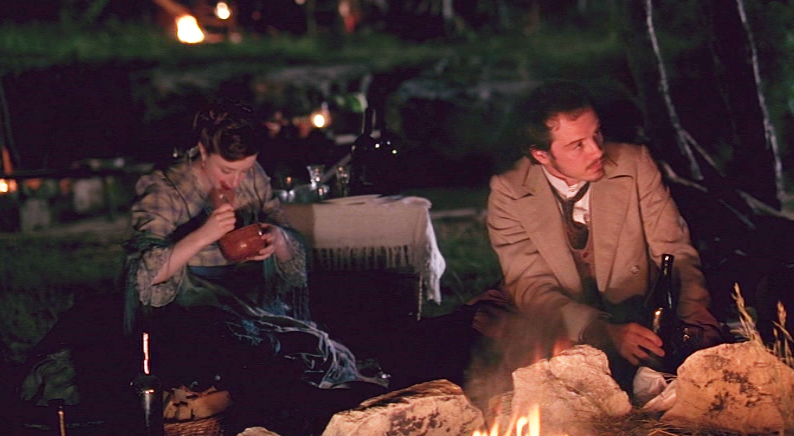 Two people regard the same picnic as if from different worlds. The Deacon, a young clergyman, thinks, “My God, how nice it is! People, rocks, the fire, the twilight, a monstrous tree—nothing more, and yet how fine it is. “Laevsky, a man on the verge of a...
Two people regard the same picnic as if from different worlds. The Deacon, a young clergyman, thinks, “My God, how nice it is! People, rocks, the fire, the twilight, a monstrous tree—nothing more, and yet how fine it is. “Laevsky, a man on the verge of a...
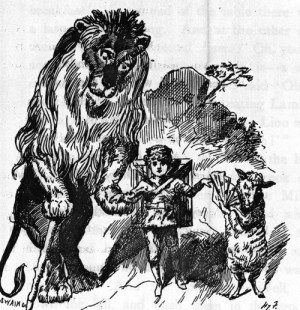 Carroll’s picnic in Sylvie and Bruno Concluded is mean-spirited. Carroll wanted to transcend Alice and get to issues of religion, society, and politics, narrated by the childish fairies Bruno (about 5) and Sylvie (about 9). “Bruno’s Picnic” and...
Carroll’s picnic in Sylvie and Bruno Concluded is mean-spirited. Carroll wanted to transcend Alice and get to issues of religion, society, and politics, narrated by the childish fairies Bruno (about 5) and Sylvie (about 9). “Bruno’s Picnic” and...
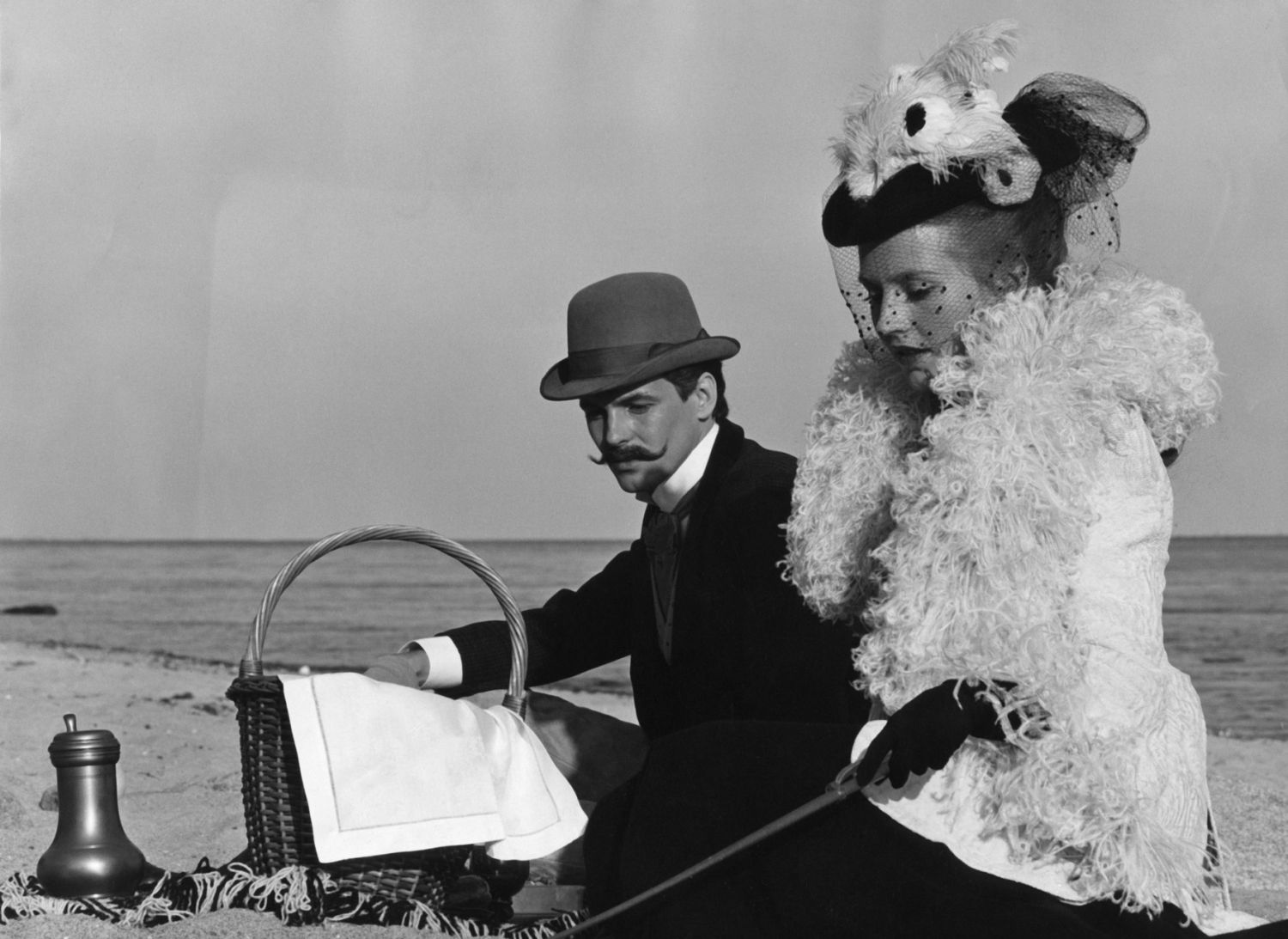 Fontane’s take on adultery in Effi Briest is a long, long sad story hinging on a beach-picnic-love affair. At first, it’s a recreational outing for Effi Briest and a friend, Major von Crampas. But soon, the recreation becomes a cover for lust. Though...
Fontane’s take on adultery in Effi Briest is a long, long sad story hinging on a beach-picnic-love affair. At first, it’s a recreational outing for Effi Briest and a friend, Major von Crampas. But soon, the recreation becomes a cover for lust. Though...
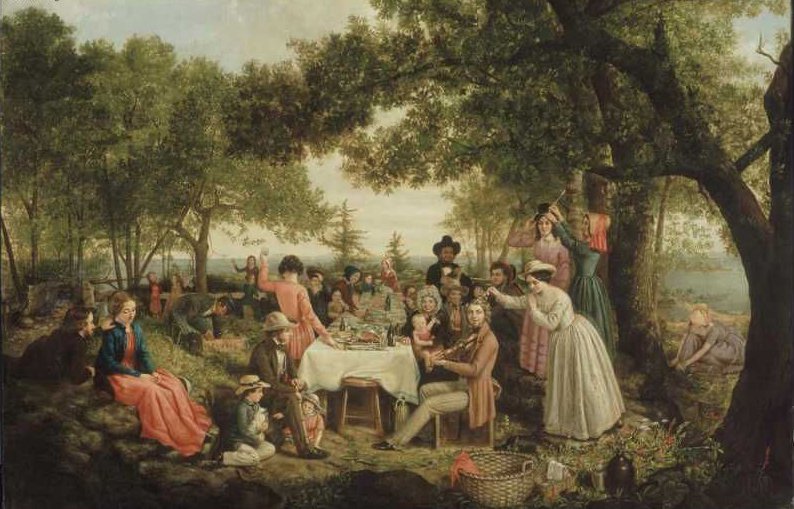 Jewett’s “The Reunion” and “The End of the Feast” are episodes describing the Bowden picnic reunion in Dunnet Landing, a fictional town in Maine. The Bowdens sit at long tables in a grove of trees overlooking the sea. It’s a festive...
Jewett’s “The Reunion” and “The End of the Feast” are episodes describing the Bowden picnic reunion in Dunnet Landing, a fictional town in Maine. The Bowdens sit at long tables in a grove of trees overlooking the sea. It’s a festive...
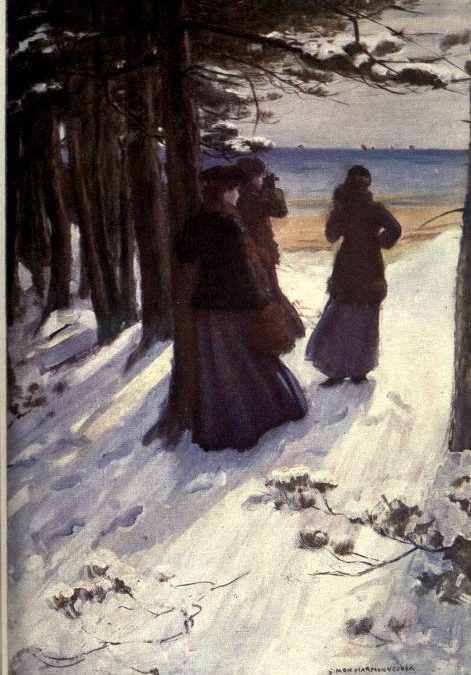 Winter picnics are few, and among the best is Elizabeth von Arnim’s on a freezing afternoon on a bluff above the Baltic. On a brilliant January day, Elizabeth’s birthday, she travels about three hours in a horse-drawn carriage over deep snow to a bluff...
Winter picnics are few, and among the best is Elizabeth von Arnim’s on a freezing afternoon on a bluff above the Baltic. On a brilliant January day, Elizabeth’s birthday, she travels about three hours in a horse-drawn carriage over deep snow to a bluff...











